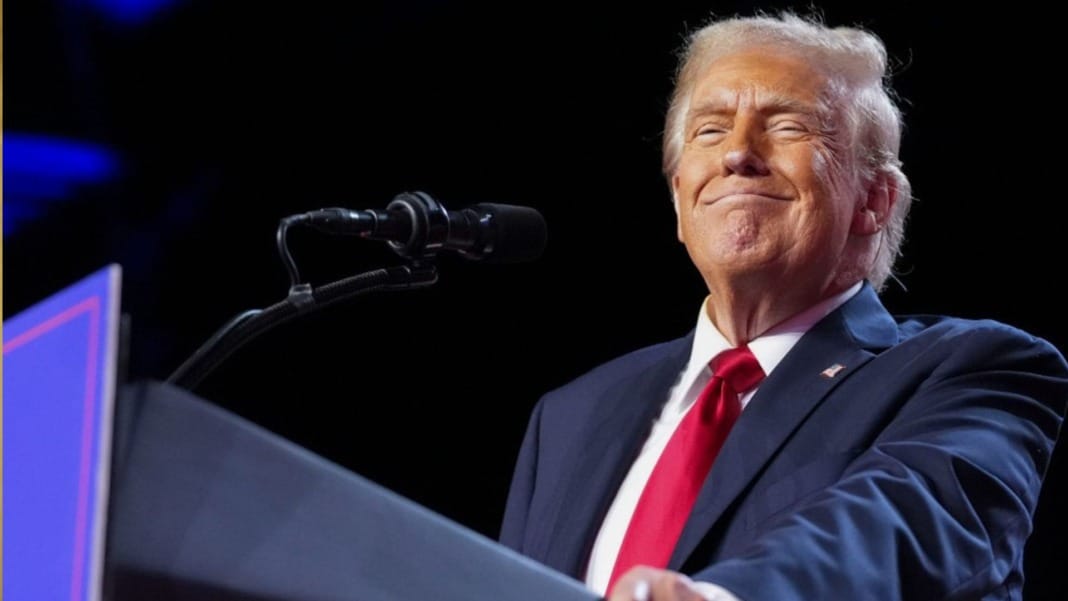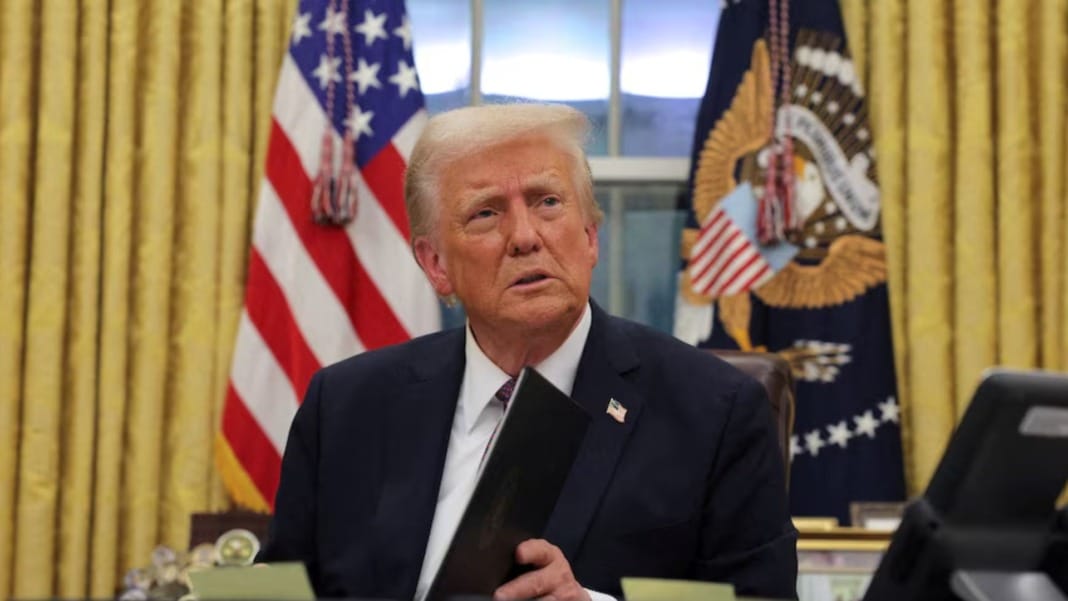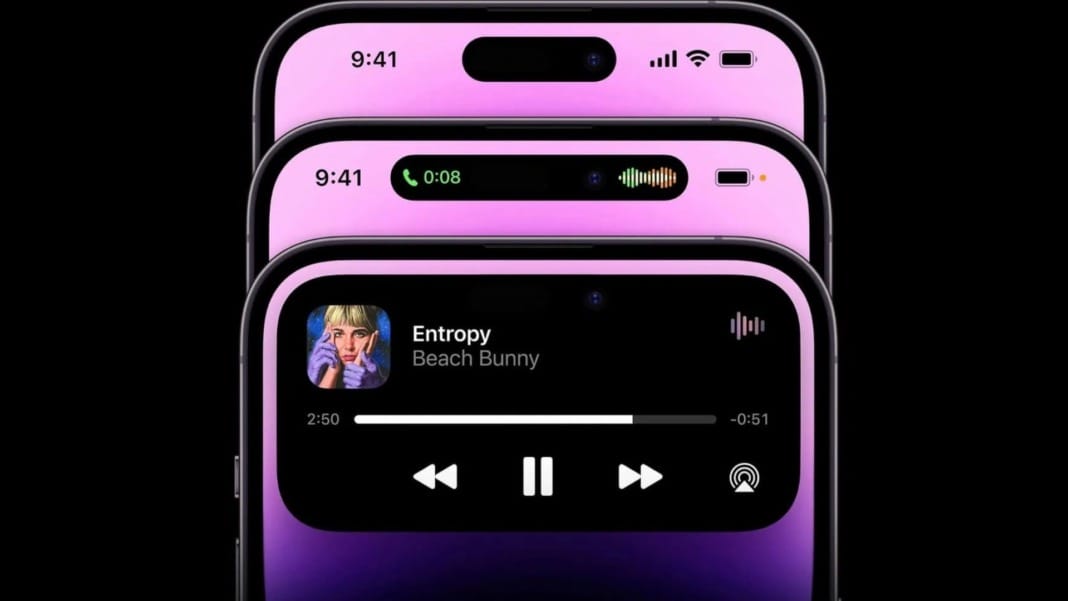President Donald Trump has issued an executive order that temporarily delays enforcement of a ban on TikTok in the United States. The order, signed on January 19, instructs government agencies to prioritise resolving the matter while maintaining national security.
A step towards resolution
The executive order directs relevant agencies to pursue a solution safeguarding national security while allowing TikTok to remain operational in the U.S. For 75 days, the U.S. Attorney General is prohibited from taking action under the Protecting Americans from Foreign Adversary Controlled Applications Act (PAFACA), the law that led to TikTok’s ban.
“During this period, the Department of Justice shall take no action to enforce the Act or impose any penalties against any entity for any noncompliance with the Act,” the executive order states. It also specifies that after the 75-day window, the Department of Justice will still refrain from imposing penalties under the act.
This pause gives TikTok and government officials time to address concerns over the app’s ties to foreign entities. The goal is to strike a balance between ensuring data security and providing a path forward for TikTok’s continued presence in the U.S.
TikTok’s future hangs in the balance
The executive order follows a Supreme Court ruling that upheld PAFACA, a law passed during former President Joe Biden’s term with bipartisan Congressional support. The act was introduced to address risks posed by apps linked to foreign adversaries, citing national security concerns.
Trump’s order does not reverse the court’s decision but provides a temporary reprieve to explore solutions. TikTok’s parent company has previously denied allegations that it poses a threat, arguing it has taken significant steps to safeguard user data.
This development marks the latest chapter in a lengthy debate over TikTok’s U.S. operations and compliance with national security standards. As the 75-day delay approaches, all eyes will be on TikTok and government officials to see if a resolution can be achieved.





